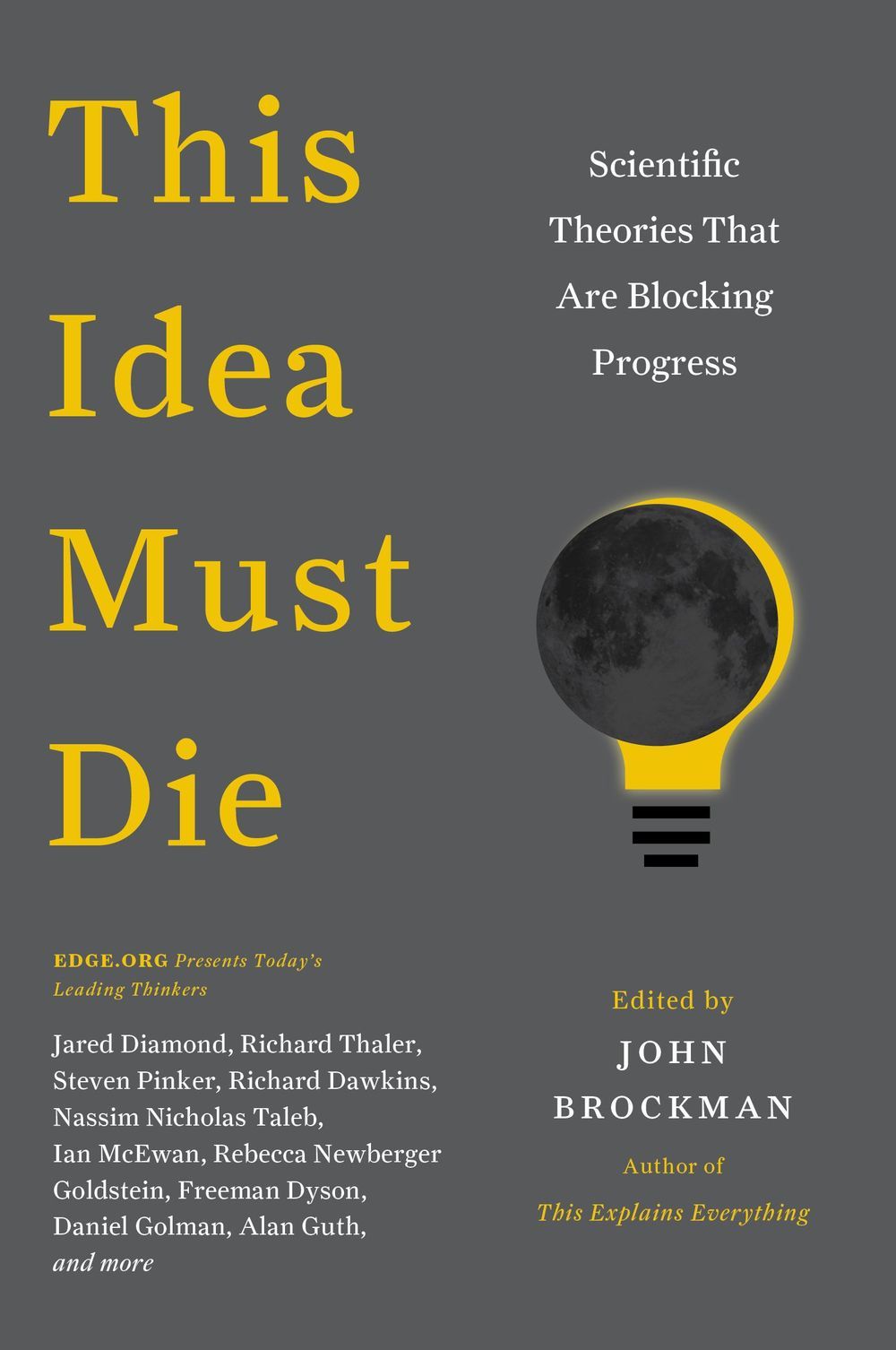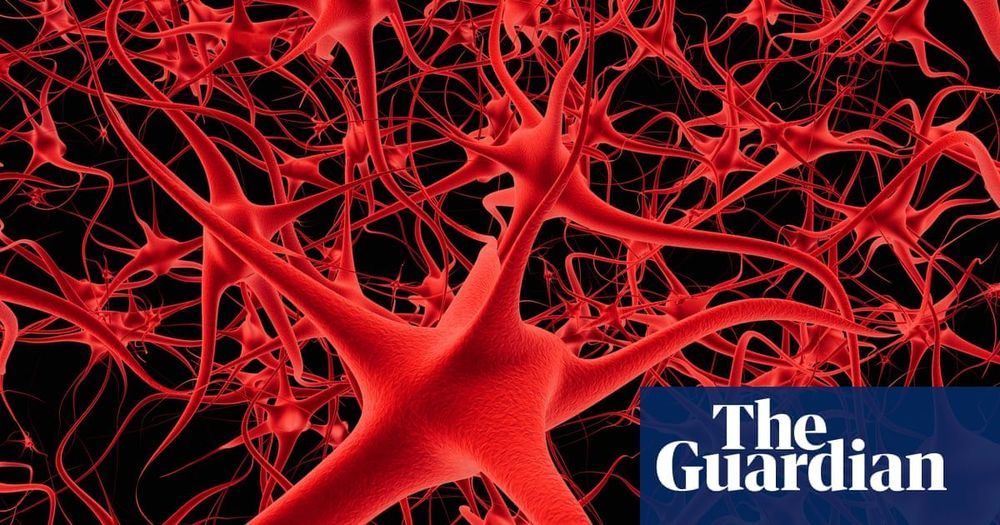
The transition from PCs to QCs will not merely continue the doubling of computing power, in accord with Moore’s Law. It will induce a paradigm shift, both in the power of computing (at least for certain problems) and in the conceptual frameworks we use to understand computation, intelligence, neuroscience, social interactions, and sensory perception.
Today’s PCs depend, of course, on quantum mechanics for their proper operation. But their computations do not exploit two computational resources unique to quantum theory: superposition and entanglement. To call them computational resources is already a major conceptual shift. Until recently, superposition and entanglement have been regarded primarily as mathematically well-defined by psychologically incomprehensible oddities of the quantum world—fodder for interminable and apparently unfruitful philosophical debate. But they turn out to be more than idle curiosities. They are bona fide computational resources that can solve certain problems that are intractable with classical computers. The best known example is Peter Shor’s quantum algorithm which can, in principle, break encryptions that are impenetrable to classical algorithms.
The issue is the “in principle” part. Quantum theory is well established and quantum computation, although a relatively young discipline, has an impressive array of algorithms that can in principle run circles around classical algorithms on several important problems. But what about in practice? Not yet, and not by a long shot. There are formidable materials-science problems that must be solved—such as instantiating quantum bits (qubits) and quantum gates, and avoiding an unwanted noise called decoherence—before the promise of quantum computation can be fulfilled by tangible quantum computers. Many experts bet the problems can’t adequately be solved. I think this bet is premature. We will have laptop QCs, and they will transform our world.
Read more


















